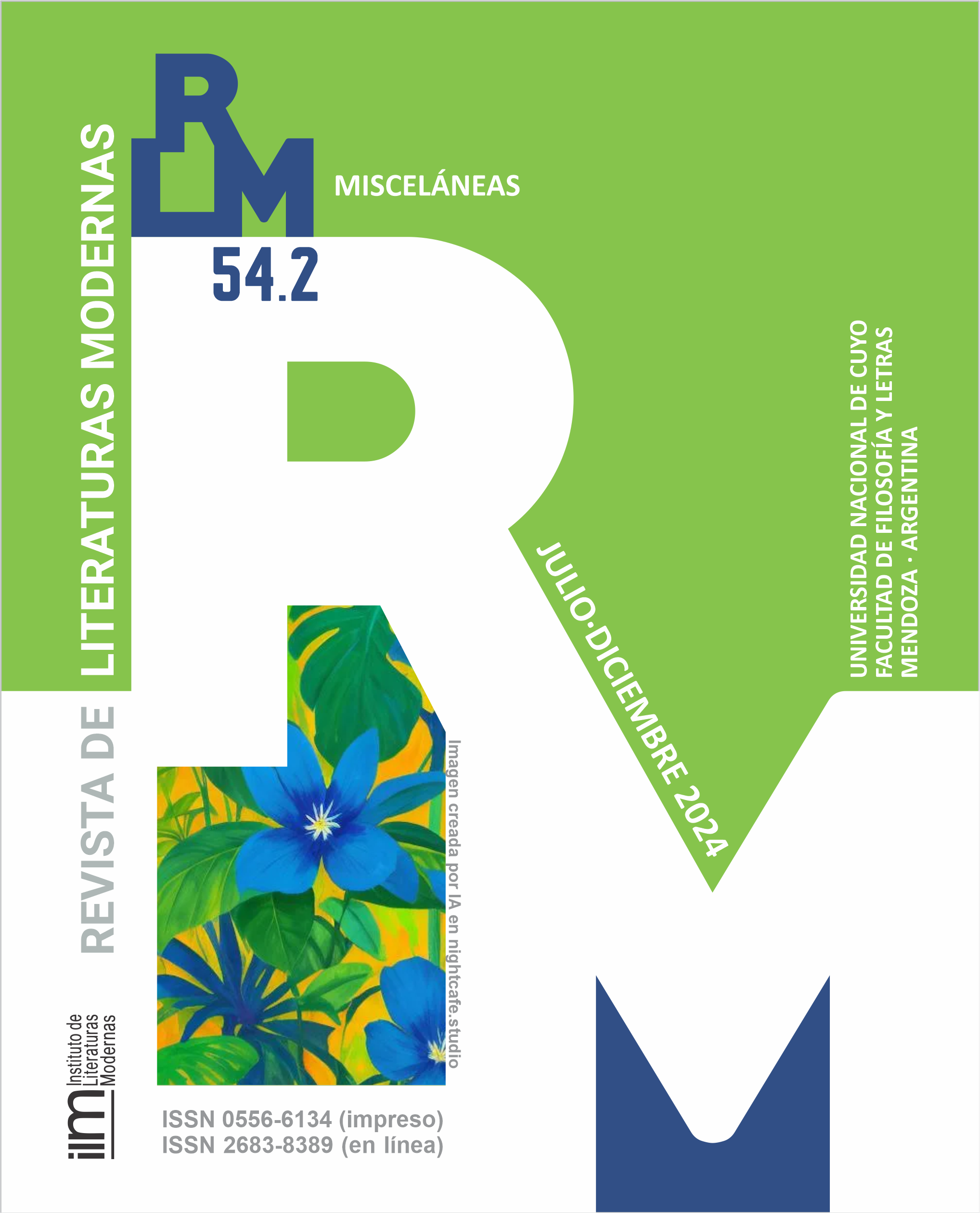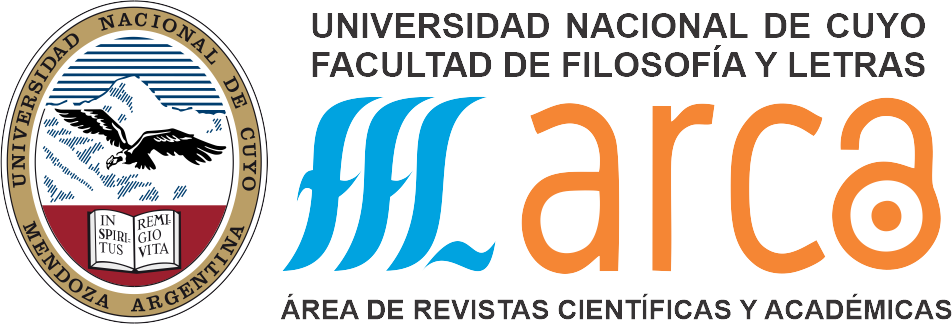Feminist narrative in African literature in Spanish: Analysis of the novels La Bastarda by Trifonia Melibea Obono and My name is Kanebe by Céline Clémence Magneché Ndé
Keywords:
emancipation, feminism, African literature, patriarchyAbstract
Feminist narrative is very recent in African literature in spanish. Therefore, the main objective of this research is to carry out an analysis of the feminist content of the novels La Bastarda and Me llamo Kanebe, written by Trifonia Melibea Obono and Clémence Magneché Ndé respectively. Two novels where the authors make visible the situation of African women, raising their voices for the change of mentalities within their patriarchal societies. Within African literature written in Spanish, there is a notable presence of women writers. However, not all of them are dedicated to feminist narrative.
The analysis of these novels reveals the academic disinterest that exists in African literature in general and in particular African literature written by women regarding feminist issues. For the analysis of these works, a descriptive methodology has been used to unravel the panorama of African literature in Spanish. The results obtained show that feminist narrative is present in African literature. Trifonia Melibea Obono and Clémence Magneché Ndé, through literature, aim to combat the patriarchal system for the empowerment and full development of African women.
The analysis of these novels reveals the lack of academic interest that exists in African literature in general and in particular in African literature written by women on feminist issues. For the analysis of these works, a descriptive methodology has been used in order to unravel the panorama of African literature in Spanish. The results obtained show that the feminist narrative is present in African literature. Trifonia Melibea Obono and Clémence Magneché Ndé, through literature, aim to combat the patriarchal system for the empowerment and full development of African women.
Downloads
References
Akrobou, E. (2010). La cuestión de la traducción literaria francófona: el caso de la narrativa negroafricana. En XII Encuentros: El Cid y la Guerra de la Independencia: dos hitos en la Historia de la Traducción y la Literatura. Centro Virtual Cervantes.
Aragón Varo, A. (2005). Narrativa subsahariana en lengua inglesa. Origen y evolución. En I. Díaz Narbona y A. Aragón Varo (eds.), Otras mujeres, otras literaturas. Ediciones Zanzíbar.
Batliwala, S., & Leon, M. (1997). El significado del empoderamiento de las mujeres: nuevos conceptos desde la acción. Poder y empoderamiento de mujeres, 187-212.
Bituga Nchama, P. B. (2021). Las relaciones de género en el sistema patriarcal fang: una aproximación al estudio del feminismo en la sociedad ecuatoguineana dentro del contexto africano. Biblos.
Corrales González, Y. C. (2024). La Unión Africana y los asuntos de la mujer. Humania del Sur, 35, 45-69. http://erevistas.saber.ula.ve/index.php/humaniadelsur/article/view/19741/21921931385
Deleuze, G., & Guattari, F. (1978). Kafka. Por una literatura menor. Ediciones Era.
Díaz Narbona, I. (2009). Del compromiso al caos: un recorrido por la literatura africana en lengua francesa. En O. Barrios (ed.), Africaníssimo: Una aproximación multidisciplinar a las culturas negroafricanas. Verbum, 207-222.
Dos Santos, M. (2011). La lectura feminista en la literatura: El caso de Delmira Agustini. Estudios de la literatura (Alicante), 2(7), 233-251.
Edzodzomo Ondo, H. (2018). Reconocimiento, negación y exclusión de las identidades sexuales en Le Pacte d’Afia (2009) y La bastarda (2016). XVI Congreso Nacional Educación Comparada Tenerife, 299-306.
Lawo-Sukam, A. (2019). La poesía de Guinea Ecuatorial en español: contexto colonial y (trans)nacional. Cuarto Propio.
Lawo-Sukam, A. (2023). La literatura africana en castellano, de los antiguos territorios españoles del Sahara Occidental y de Marruecos. Universidad del Valle: Colección Artes y Humanidades-Lingüística.
Magnéché Ndé, C. (2019). Me llamo Kanebe. Caligrama.
Maimouna, S. (2021). La mujer en la narrativa africana. II encuentro de hispanistas África-España, Instituto Cervantes.
Martínez Montiel, L. M. (1999). Presencia africana, oralidad y transculturación. Oralidad: para el rescate de la tradición oral de América Latina y el Caribe, 10, 28-32.
Miampika, L.-W. (2005). Narrativa subsahariana en lengua francesa. En I. Díaz Narbona y A. Aragón Varo (eds.), Otras mujeres, otras literaturas. Ediciones Zanzíbar.
Montes Nogales, V. E. (2014). La epopeya de África occidental y la epopeya castellana: un análisis de literatura comparada. Çedille. Revista de Estudios Franceses, (10), 275-304. https://www.redalyc.org/articulo.oa?id=80831055023
Nana Tadoun, G. M. (2022). Otras literaturas de expresión hispana: África entre francofonía, anglofonía e hispanidad. Retorno. Revista Independiente De Literaturas Y Lengua hispánicas, 1(2), 71–93. https://revistas.upr.edu/index.php/retorno/article/view/20266
Nomo Ngamba, M. (2005). Una visión comparada de las literaturas negroafricanas postcoloniales en lenguas europeas. Tonosdigital Revista Electrónica de Estudios Filológicos (10), 337-361.
Nomo Ngamba, M. (2006). La narrativa postcolonial en lenguas europeas y su crítica. Tonos digital: Revista electrónica de estudios filológicos, 12.
Obono, T. M. (2016). La bastarda. Flores raras.
Pazos Morán, M. (2018). Contra el patriarcado. Economía feminista para una sociedad justa y sostenible. Katakrak Liburuak.
Washima, E., & Carrasco, A. (2005). El testimonio como escritura subalterna. ELA.
Downloads
Published
How to Cite
Issue
Section
License
Copyright (c) 2024 Pedro Beyeme Bituga Nchama

This work is licensed under a Creative Commons Attribution-NonCommercial-ShareAlike 4.0 International License.








